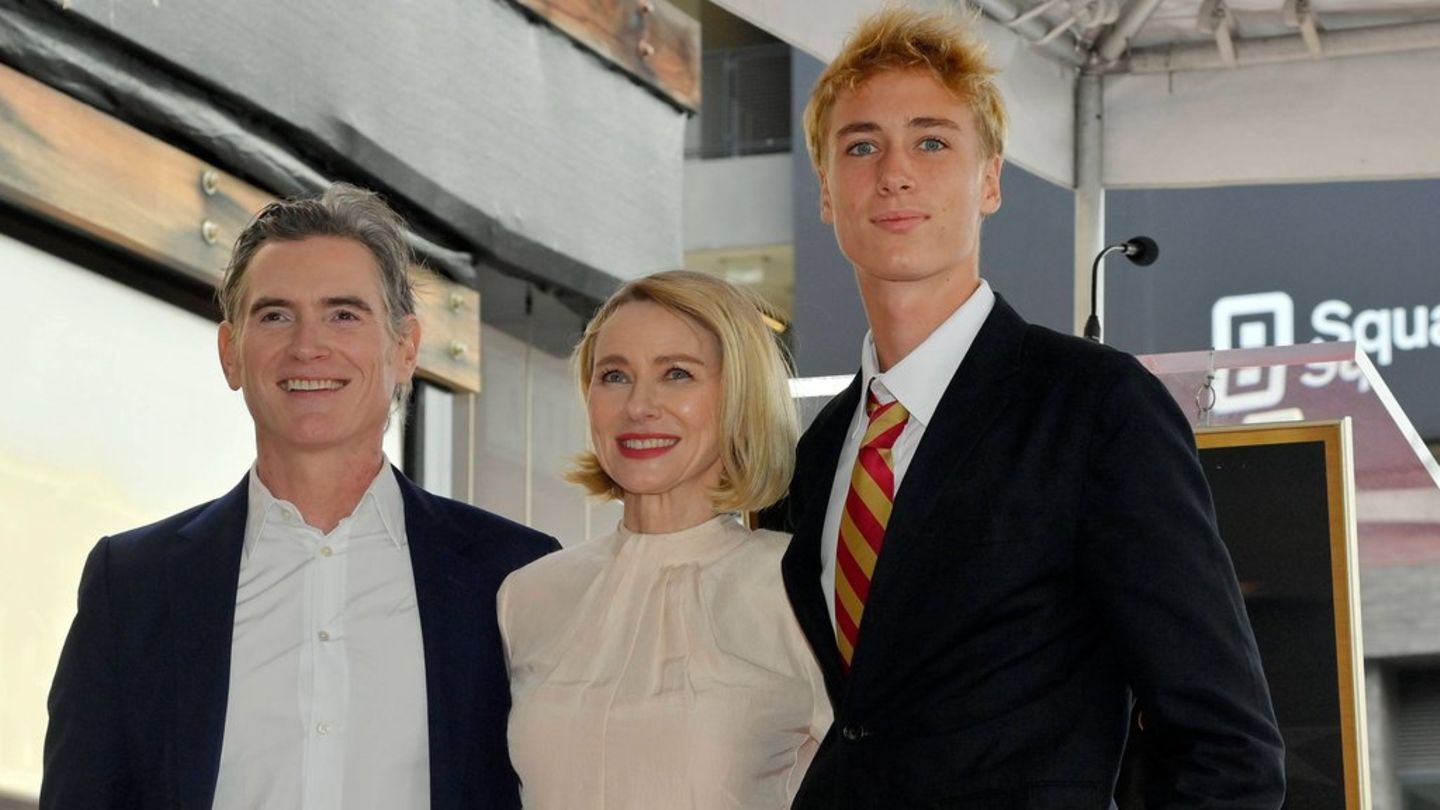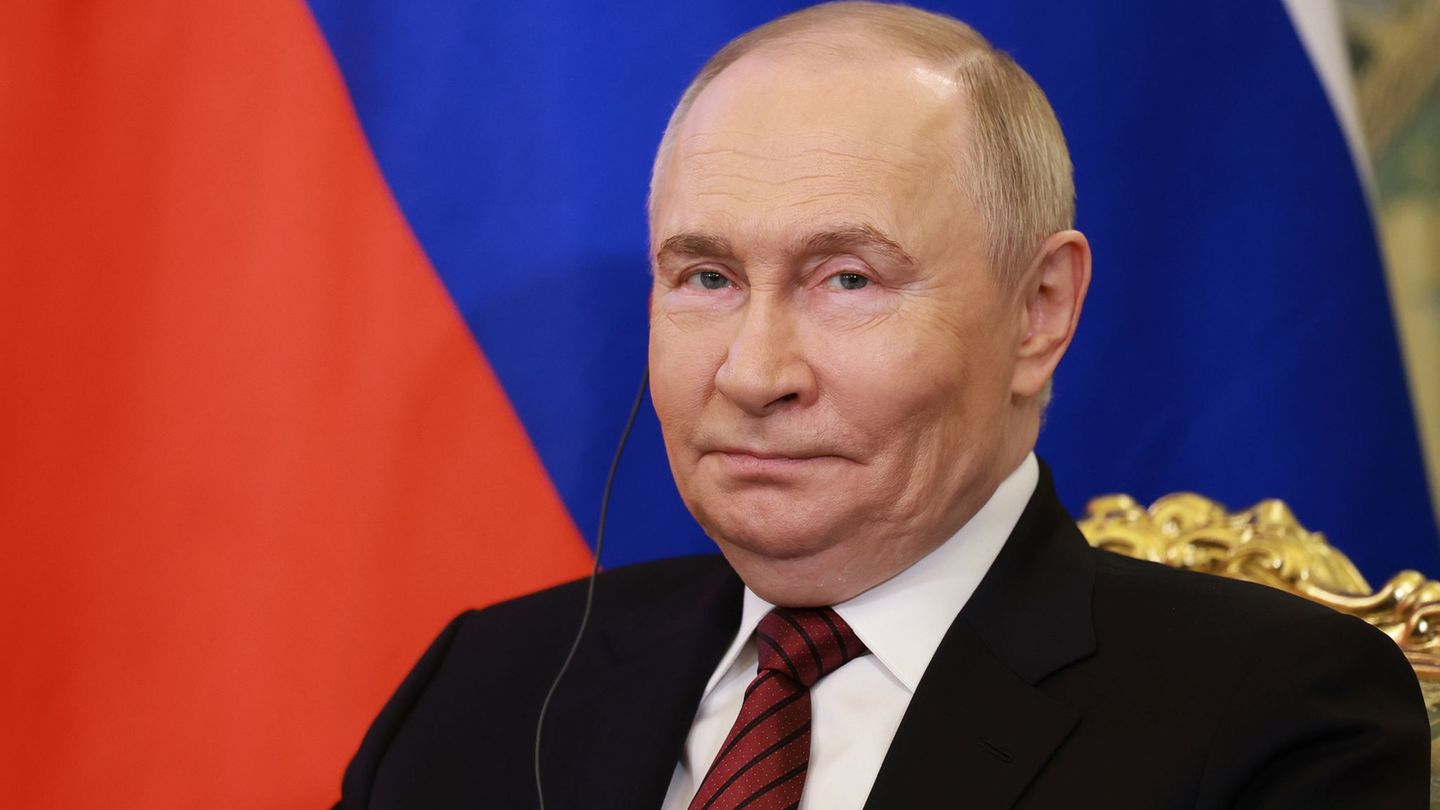I have been working in the news industry for over 6 years, first as a reporter and now as an editor. I have covered politics extensively, and my work has appeared in major newspapers and online news outlets around the world. In addition to my writing, I also contribute regularly to 24 Hours World.
Menu
The situation at a glance: Putin suggests Kyiv direct talks in the coming week
Categories
Most Read
Artificial intelligence: California puts chatbots in their place
October 14, 2025
No Comments
Hamas in Gaza: New fear of the terrorist organization
October 14, 2025
No Comments
Can Trump bring peace to Ukraine? The situation in the morning
October 14, 2025
No Comments
Middle East conflict: “Peace in the Middle East”? Gaza statement contains little concrete
October 14, 2025
No Comments
Gaza: The hostages are free – what happens now?
October 14, 2025
No Comments
Latest Posts

Naomi Watts: Film star celebrates Hollywood star with son
October 14, 2025
No Comments
Lisa HarrisI am an author and journalist who has worked in the entertainment industry for over a decade. I currently work as a news editor

Erez Rozen in an interview: How to avoid mistakes when choosing perfume
October 14, 2025
No Comments
Lisa HarrisI am an author and journalist who has worked in the entertainment industry for over a decade. I currently work as a news editor

Happiness Research: Are Young Adults Unhappier Than Before?
October 14, 2025
No Comments
CarolineI’m Caroline, a journalist and author for 24 Hours Worlds. I specialize in health-related news and stories, bringing real-world impact to readers across the globe.
24 Hours Worlds is a comprehensive source of instant world current affairs, offering up-to-the-minute coverage of breaking news and events from around the globe. With a team of experienced journalists and experts on hand 24/7.

